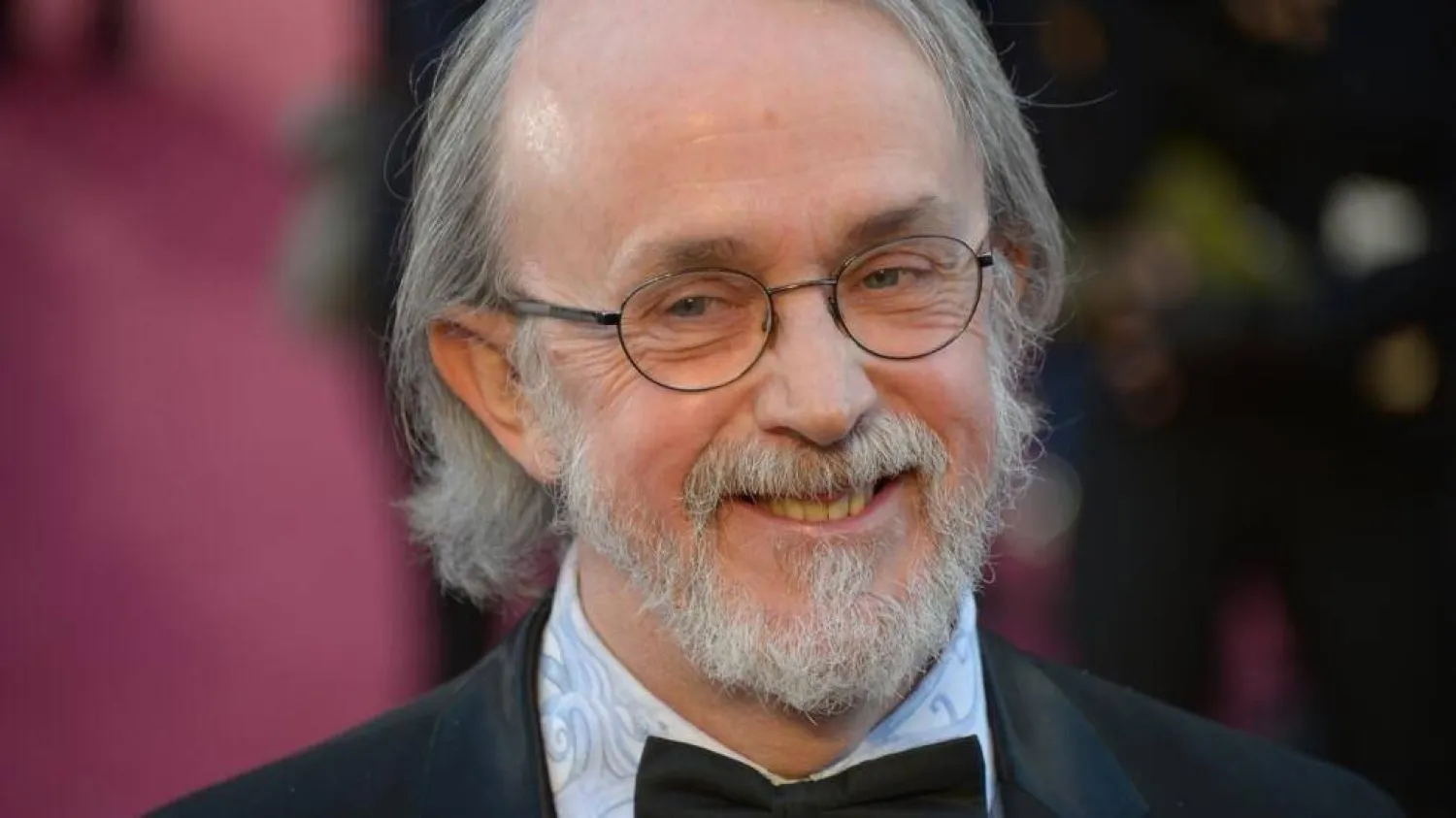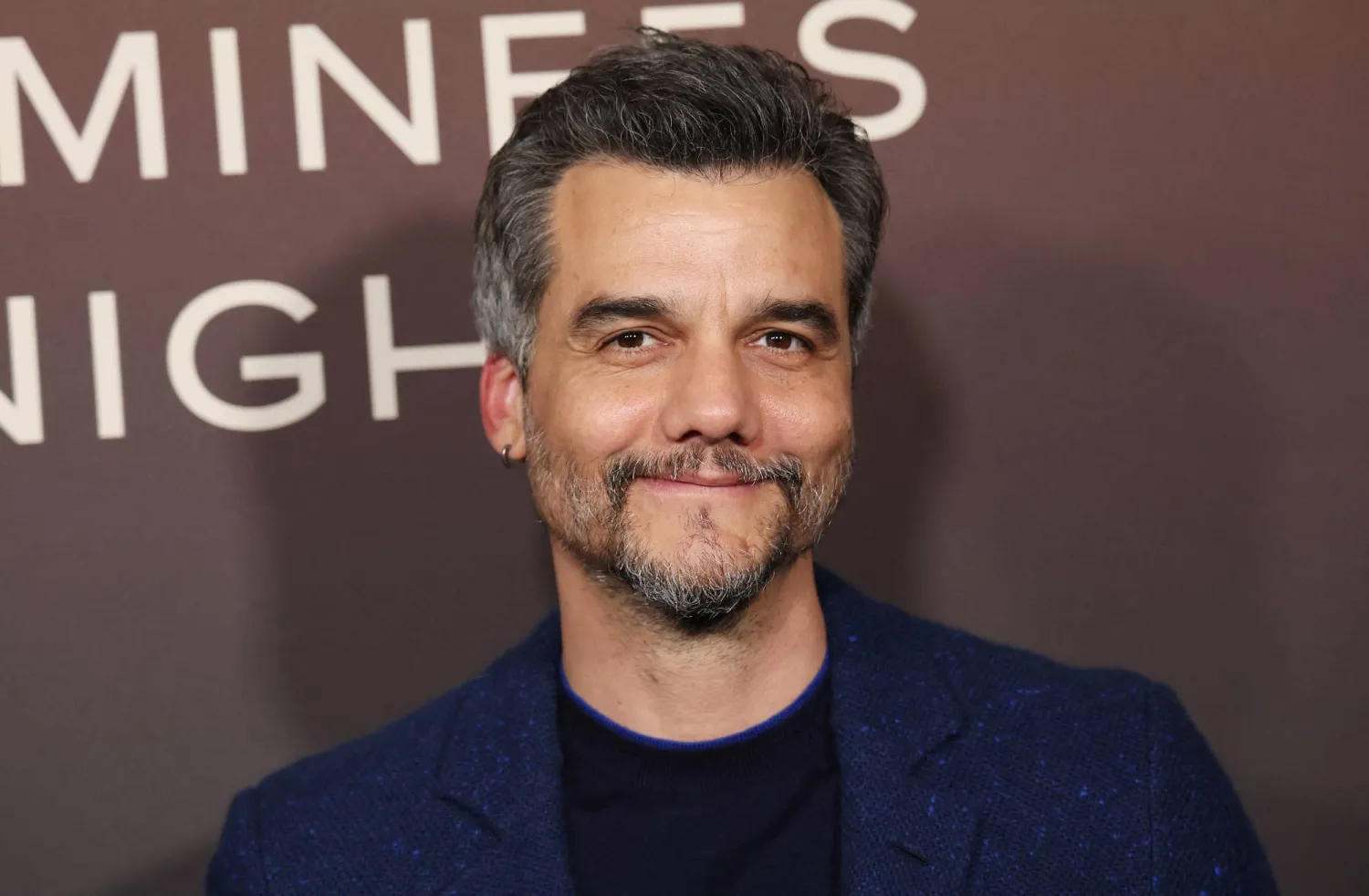A sequel to the hit animated film "Chicken Run" was inevitable, its makers told AFP, for the simple reason that chickens are just too funny.
"We don't exactly have a list but there's a clear understanding at Aardman that some animals are funny and some aren't," said Peter Lord, co-founder of the British studio behind such beloved stop-motion creations as "Wallace and Gromit" and "Shaun the Sheep".
"Chickens are fundamentally funny creatures, aren't they," Lord told AFP.
"But horses aren't. Sorry, horses, but you're just too beautiful to be funny."
"Chicken Run 2: Dawn of the Nugget" streams on Netflix from Friday, more than 20 years after the original hit about a group of chickens trying to break out of their farm.
This time, the task is reversed as heroes Ginger and Rocky must break into a nugget factory to rescue their headstrong daughter, voiced by "The Last of Us" breakout star Bella Ramsey.
"'Chickens' is just a funny word, too," said director Sam Fell.
"You can add it to anything -- 'The Great Escape' with chickens, 'Mission: Impossible' with chickens... it always works."
The new film does indeed take inspiration from the Tom Cruise franchise, as well as James Bond, as the chickens try to infiltrate a ludicrously over-the-top, high-tech nugget factory that resembles a Bond villain's lair.
It's all "spectacularly weird", promises Lord.
Are there any ideas that were too weird even for an Aardman film?
"There was a cock-fighting sub-plot at one point. It was a funny notion. I did a drawing of Rocky wearing Rocky Balboa's shorts. I thought it was funny, but it was a bit weird even for us," said Lord.
Employee-owned studio
As always, it has been painstaking work.
Each animator -- the film used up to 30 at a time -- can only shoot about four seconds per week.
"If we get two minutes done in a week it's a massive celebration," said Fell.
Animation technology has improved immensely since the original in 2000, but Aardman likes to keep the handmade feel and "build as much as we possibly can".
The exception was for scenes with lots of chickens at once, where they used computer effects to create the background poultry -- "otherwise, we'd still be filming it now", said Fell.
Asked what makes a good animator, he said they tend to be "patient and insular".
"At heart, they're actors, but they're very shy actors, and they'd rather do it quietly in a small space with a puppet, away from everybody else," he added.
One thing that helps create a sense of community at the Bristol-based studio is that it was recently turned into a trust owned by its employees.
"We could have sold it to some media giant and made a shed-load of money," said Lord. "But then what? They'd sell it on, and eventually the thing that is so precious to us would become a commodity for other people to asset strip."
"Chicken Run 2" was the first film made under the new arrangement, and Fell said the feeling was tangible.
"I did feel there was that spirit in the crew every day of pride, of showing what we can do and giving it to the world," he said.









